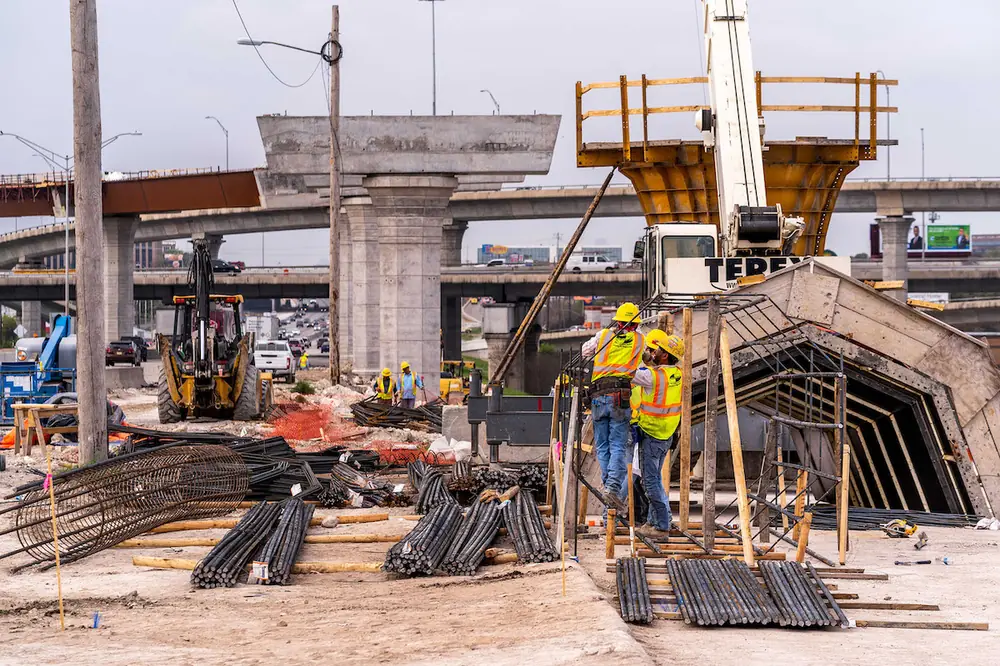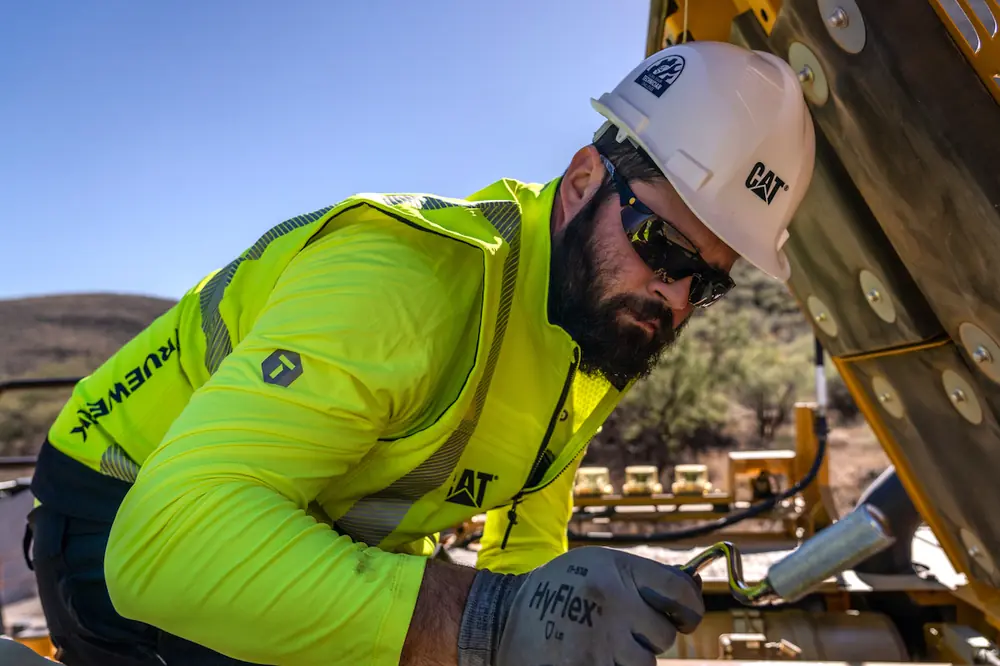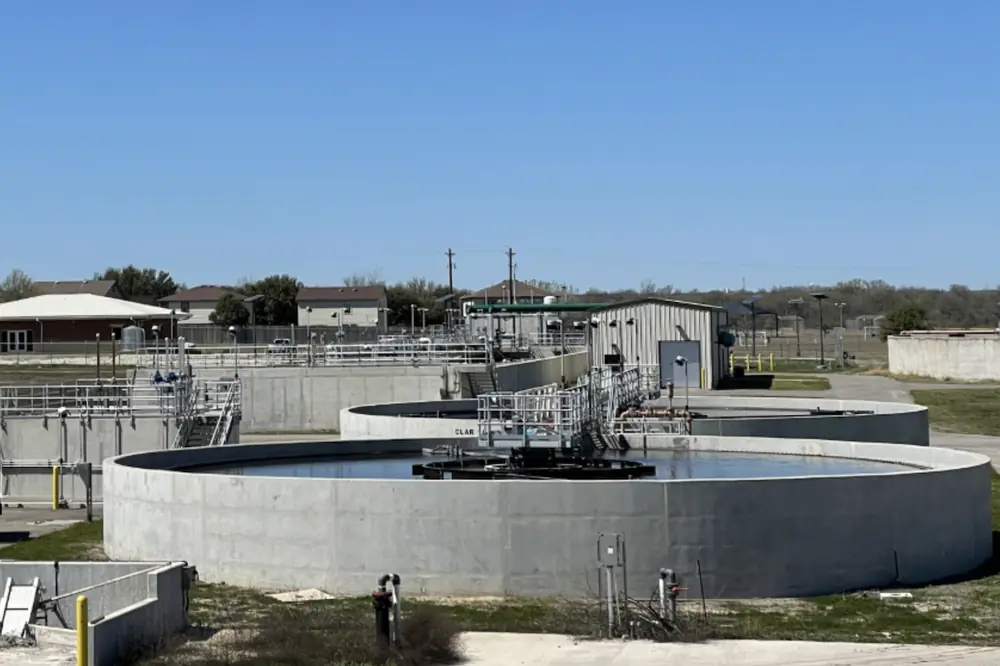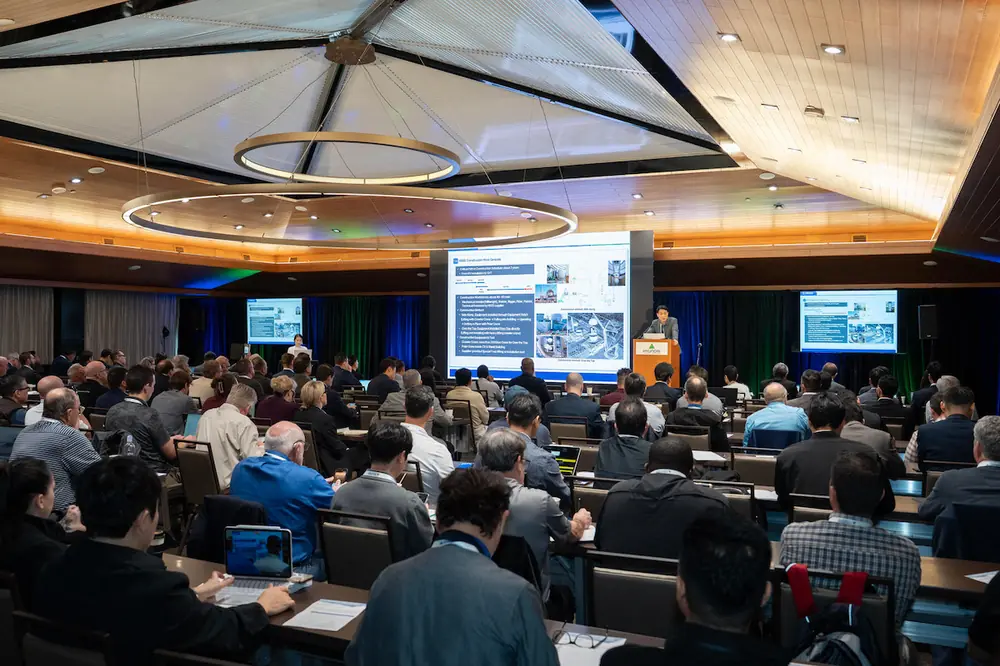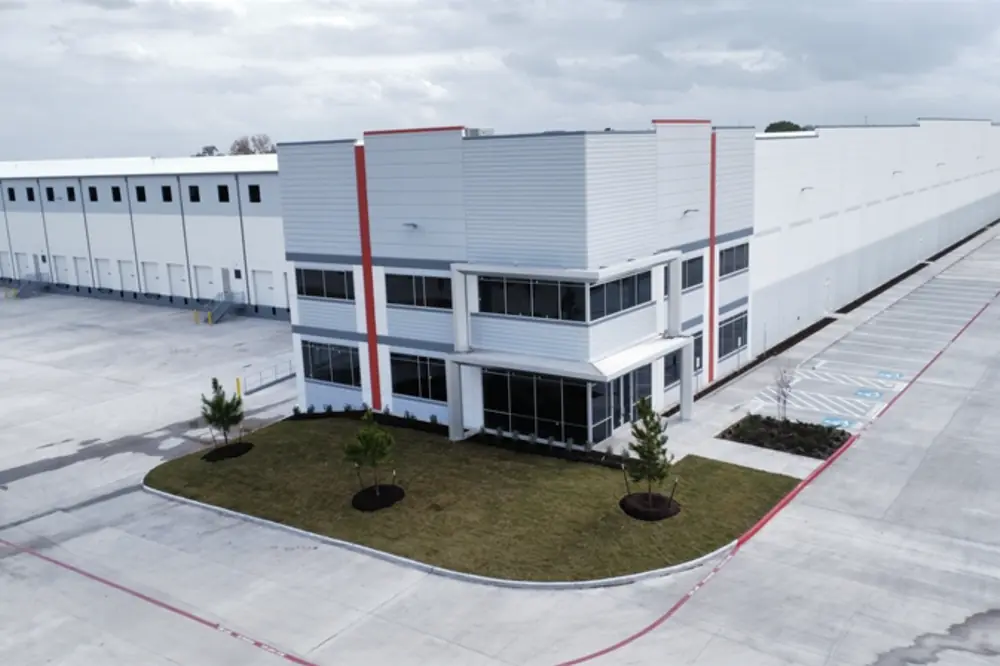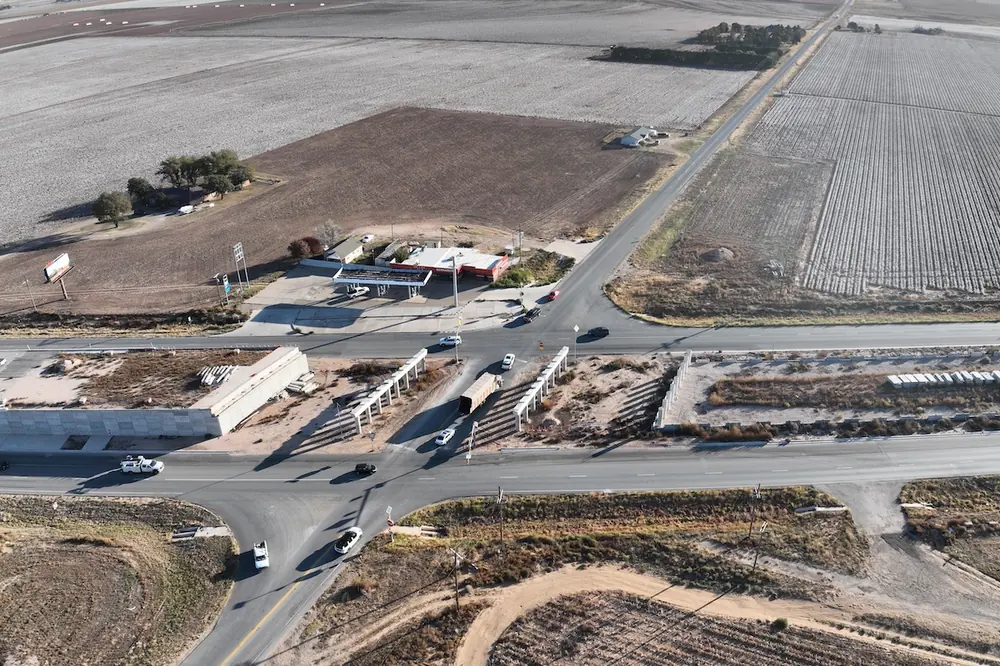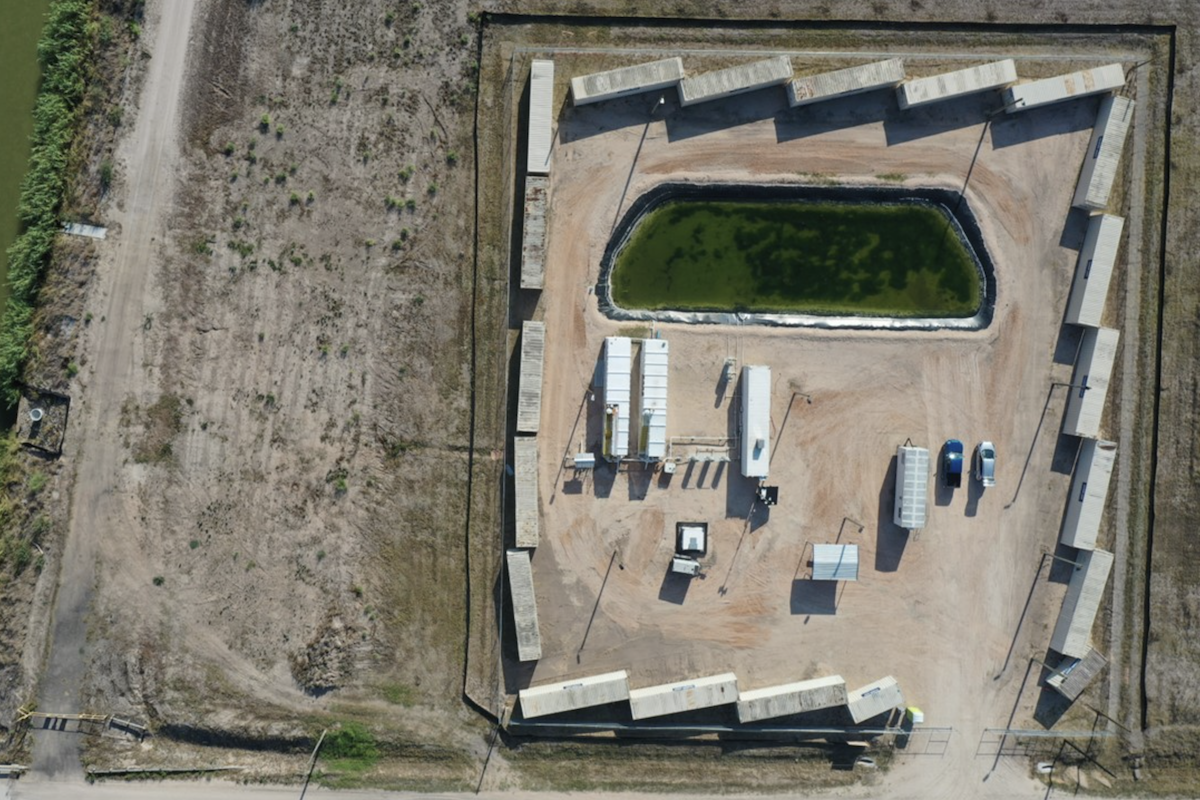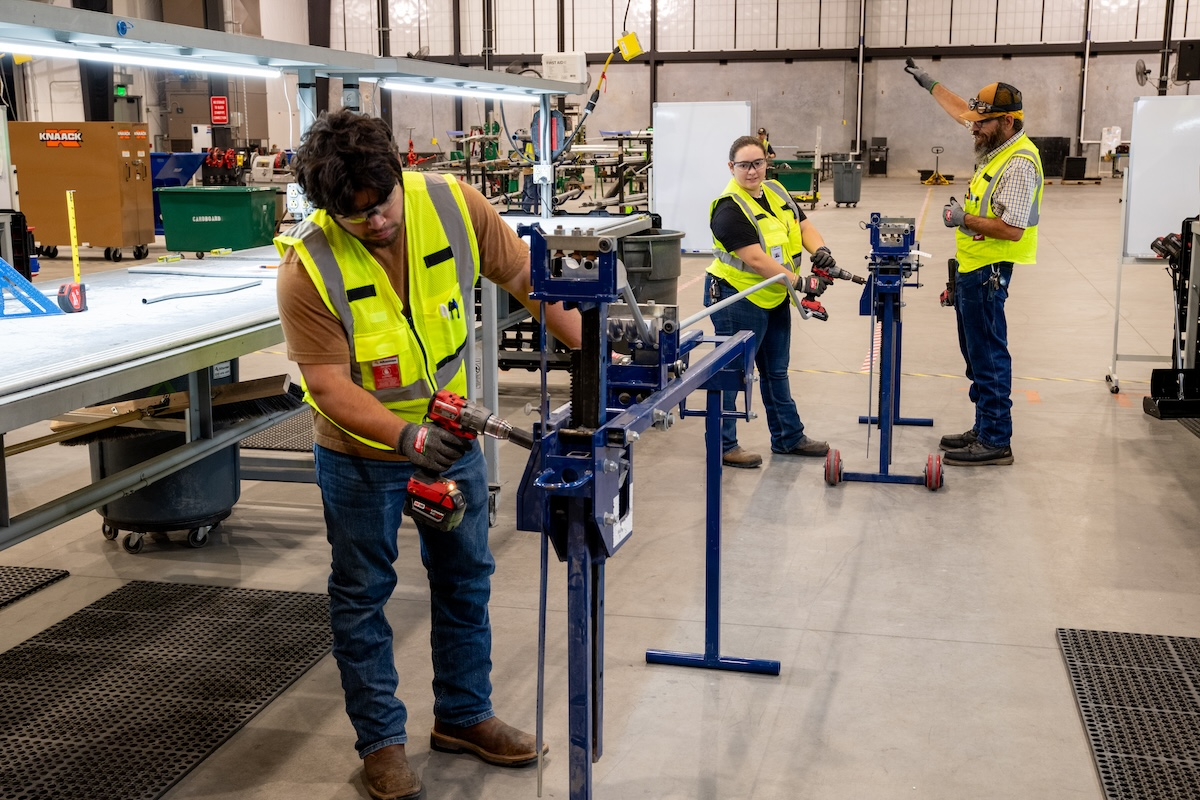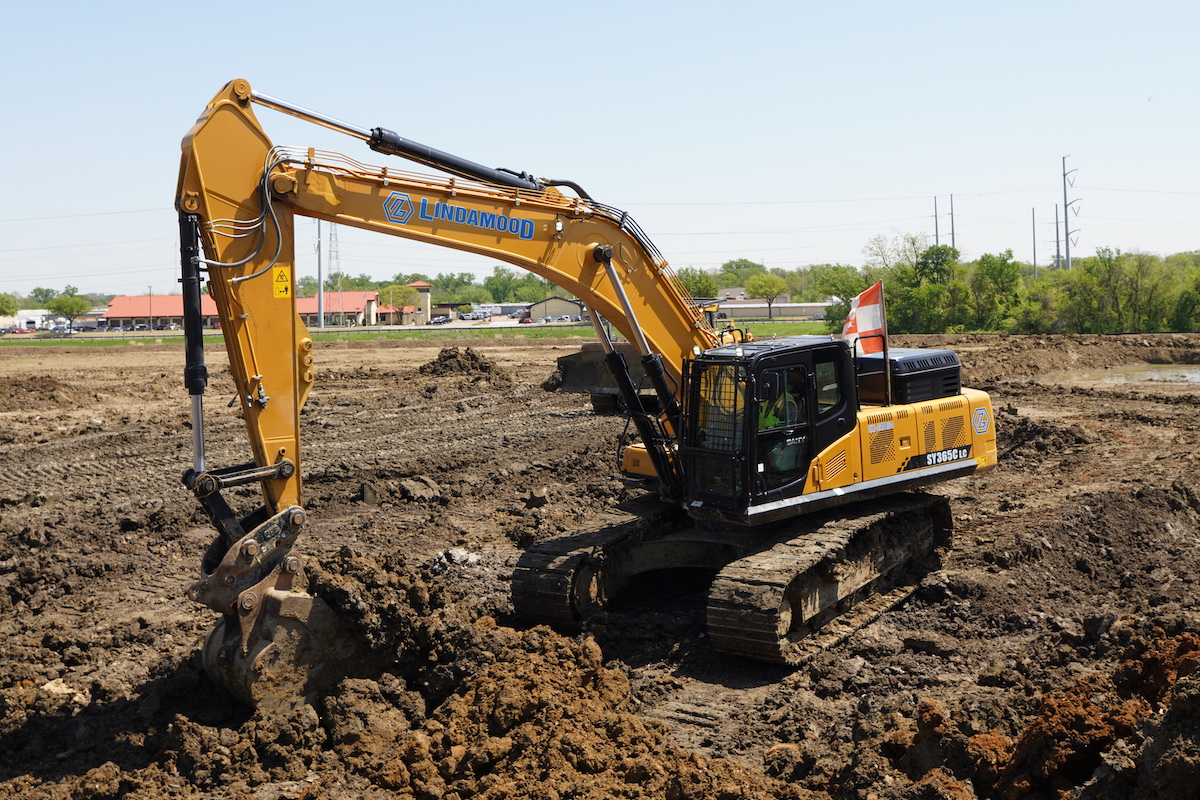Price escalation is a pricing and construction issue that has become more problematic recently.
The industry saw increases in material prices as a result of the tariffs President Donald Trump imposed in 2018. Price volatility was compounded by the COVID-19 pandemic.
This article discusses the various aspects and importance of price escalation clauses and their role in addressing price escalation issues. The reason this topic is important is that President-Elect Trump has indicated his intention to introduce new tariffs on imported goods that could negatively impact the pricing of materials necessary for construction projects.
The incoming Trump administration has proposed new tariffs on imported items. Items imported from China could see tariffs as high as 60 percent. President-Elect Trump has also stated that he may impose at least a 10 percent tariff on all imported goods. Whether you agree with these new proposed tariffs is beside the point. The point is that new, increased, or additional tariffs could lead to price escalations that will be paid by the consumer. The consumer of construction materials is the contractor.
How do you bid projects today? Are you willing to take that risk? Or risk losing the project by adding significant contingencies? Another option is negotiating a price escalation clause.

| Your local Wirtgen America dealer |
|---|
| Kirby-Smith Machinery |
| Nueces Power Equipment |
| Kirby-Smith Machinery |
| Nueces Power Equipment |
You’ll be less concerned about this in a cost-plus type contract. But 60 percent tariffs could quickly push costs past a guaranteed maximum price.
Fixed-price contracts are more sensitive to sub/supplier price increases. During the last major escalation in material prices, between February 2020 and September 2021, the price of steel increased by over 200 percent. Over that same time period, aluminum prices increased by over 70 percent. Lumber prices fluctuated more than the stock market. Having a well-drafted price escalation clause in your contract can assist in addressing significant price escalations.
One of the first steps in moderating price escalation is identifying the materials that are subject to market volatility. This common practice can be used in negotiating a price escalation clause. The parties may identify the materials to which the clause will apply. There might be specific materials that are subject to a price escalation clause based on warnings or notifications from subcontractors. Or the clause could apply to materials that are likely to be purchased from countries subject to tariffs. Materials not described in some fashion in the contract would remain the contractor’s risk.
The price escalation clause should also establish a “baseline price” for each of those materials. This baseline price is essentially your benchmark against which you will measure your price escalation. The baseline prices of volatile construction materials can be taken from published material cost indices, such as the national price information published by the U.S. Bureau of Labor Statistics. They can also be based on subcontractor or supplier pricing.

| Your local Link Belt dealer |
|---|
| Central Texas Equipment |
| Nueces Power Equipment |
| Central Texas Equipment |
| Nueces Power Equipment |
The price escalation clause should also identify the trigger for its application. For example, the clause might entitle the contractor to an increase in the contract sum if the price of an identified material increases more than a certain percentage (perhaps 10 percent) above the baseline. The adjustment can operate in both directions. In our experience, owners want fluctuation adjustments to be a two-way street. A 10 percent collar might also be appropriate for decreases.
Another common part of a price escalation clause is a cap or limit. For example, if the contract allows for an adjustment to the contract sum when the price of an identified material increases 10 percent or more above the baseline price, the clause could also cap the increase to the contract sum at no more than 20 percent. That would mean that if the price of an identified material increases 30 percent above the baseline price, the contractor would be entitled to a 20 percent increase in the contract sum but would have to cover the next 10 percent. This is a mechanism used by owners to limit their exposure and is typically sought by owners in a price escalation clause. But in light of recent history, a cap can be dangerous.
Consider whether the price escalation is triggered only by “unforeseeable” increases. We see this limitation commonly in force majeure or other relief-granting provisions. An owner could reasonably argue that the last eight years have made price escalation a new normal. But the problem from the contractor’s perspective is that we don’t know how much prices could rise. That mystery is compounded by the shortening price commitments provided by subs and suppliers.
Price escalation clauses also necessitate some degree of price transparency on certain items where transparency would not exist otherwise in a fixed-price contract. Contractors will need to be able to see original and new pricing from their subcontractors and vendors. And owners will likely demand that type of information from the contractor as a way to verify that the contractor is providing accurate original and new pricing. In a fixed-price contract, the price escalation clause could be drafted to limit the transparency to the items identified as being subject to the price escalation clause.

| Your local Komatsu America Corp dealer |
|---|
| WPI |
| Kirby-Smith Machinery |
| WPI |
| Kirby-Smith Machinery |
Lastly, and possibly most importantly, is a price escalation clause’s requirement of notice. The notice requirement is common when a contractor encounters something that could change the contract sum or contract time. Common examples are differing site conditions, design defects, change orders, and force majeure. Price escalation clauses are no different. The clause will likely require that the contractor notify the owner in writing within a specific amount of time after the event occurs that informs the contractor of the price escalation. The clause may also include language that says the contractor waives its right to claim an increase to the contract sum if it does not provide written notice of the price escalation within that specified amount of time.
Complying with the notice provisions is important. One piece of advice I give to clients for construction projects is document, document, document. Contractors run the risk of waiving important rights and benefits in a contract by not documenting events, such as significant price escalations, in writing with the owner. The same is true for subcontractors in their subcontracts with contractors.
Negotiating a reasonable price escalation clause into your contract can prove to be vital in addressing future, unknown changes in material costs. More likely than not, your force majeure clause, or a clause addressing time extensions for delays outside the contractor’s control, is going to allow you to increase the contract time by the delay experienced. However, those clauses typically do not entitle contractors to additional money. It is cold comfort to get an additional 30 days because of a material delivery delay if the price of that material also increased by 30 percent above your bid price. You are encouraged to be proactive and protect yourself from market volatility that could result from increased tariffs.
With new and additional tariffs on foreign goods necessary for construction projects, you may be thanking yourself later.













